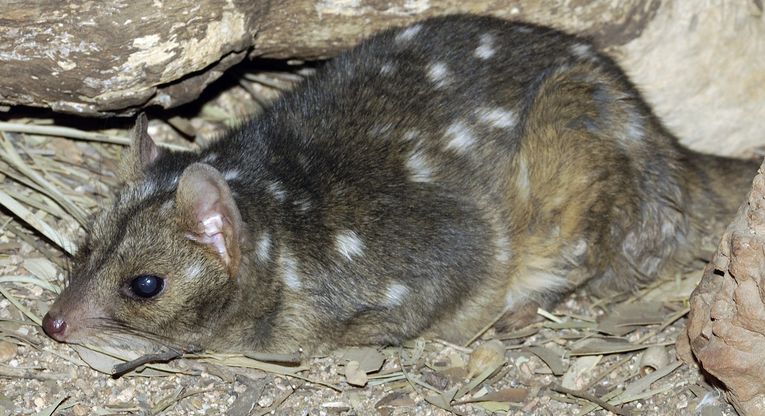The Australian Veterinary Association's (AVA) Annual Conference reports Andrea Reiss's latest analysis of the parlous state of conservation for native marsupials. She works at Murdoch University with Chris Warren, Bethany Jackson, Lee Skerratt and Graeme Gillespie from the Department of Land Resource Management and James Cook and Charles Darwin Universities. They are working on this problem because many smaller species have rapidly declined in conservation areas and elsewhere, with the usual feral cat and wildfire effects taking the blame.
However the disease situation has now been carefully considered. Their indirect effects on breeding success have been especially highlighted. Even behavioural change caused by toxoplasmosis in the animals has been observed as decreasing mammalian coordination and agility drastically. The effect on viability is of course evident in predation and feeding. At the moment, 4 species from the major marsupial groups in decline have been fully covered:
Common brushtail possum (Trichosurus vulpecula)
Bandicoots, northern brown (Isoodon macrourus)
Northern quoll (Dasyurus hallucatus) and
Brush-tailed rabbit-rat (Conilurus penicillatus.)
The cat and the rat are also being investigated as feral placentals that have possibly instigated the spread of disease since they landed! Dr. Reiss stated at the conference, "We're not certain if disease is a key threat to declining wildlife populations or whether the declines are due primarily to other factors such as changing fire regimes or the influence of introduced predators such as feral cats." The Northern Territory is being tested around Darwin and remote areas on Bathurst Island and the Cobourg peninsula for example. After anaesthesis, data on each specimen is recorded, with ill health noted by means of standard checks and samples.
What will the research achieve? It has just begun, but will continue to build a baseline of information on these species, their diseases and their populations will be the minimum benefit. The expertise gained will obviously be very transferable, with new guidelines likely to be established for management of mammal populations in the area. Many other countries could also learn from the techniques and approaches for conservation of terribly rare small mammals. The research is highlighted in the Northern Hub's - NERP e-news.










